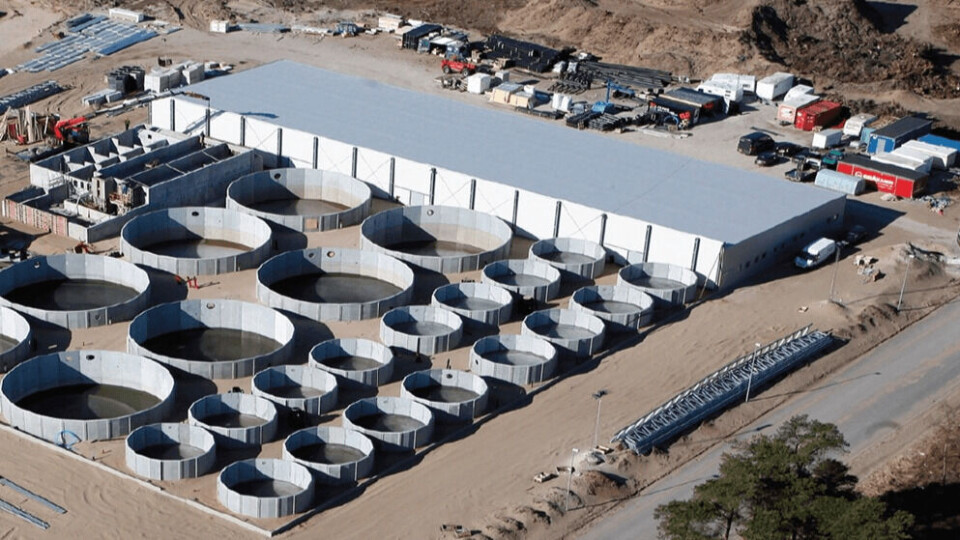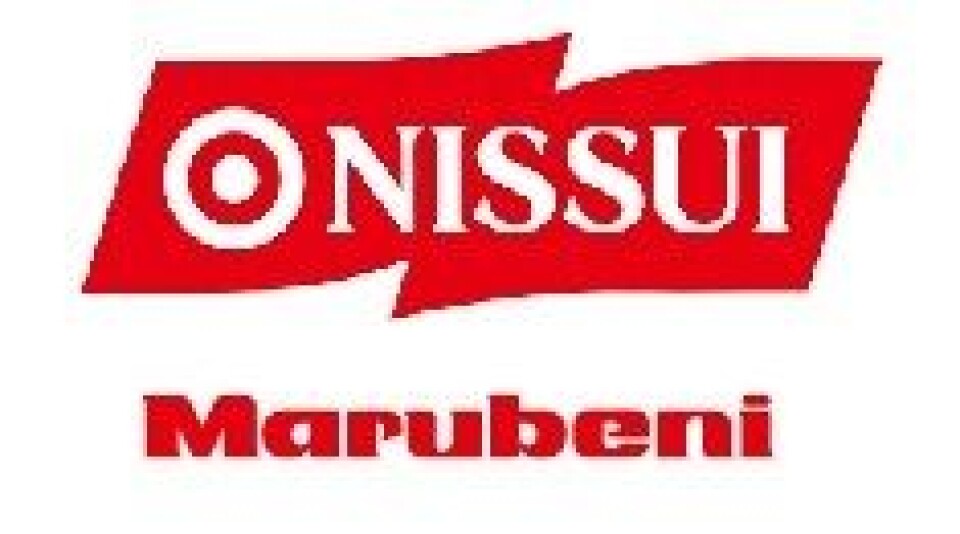
Japanese firms buy control of Danish RAS salmon farmer
Salmonid farmer Nissui and fellow Japanese company Marubeni have bought a controlling interest in Danish on-land salmon producer Danish Salmon A/S.
Nissui, which owns Chilean salmon farming operation Salmones Antartica, and Marubeni intend to use the Danish firm’s expertise to move into on-land salmon farming.
Danish Salmon runs a 1,000-tonne recirculating aquaculture system (RAS) facility in the port of Hirtshals.
Nissui and Marubeni, Japan’s fifth-largest general trading company, have taken a 66.7% stake in the company, and intend to grow the company’s operations in Europe and elsewhere.

Unlimited by geography
In a press release, Marubeni said improving living standards had led to a growing demand for marine products which could only be met by aquaculture, and that growing salmon farming in the sea was limited by geographical conditions.
“Therefore, the expansion of land-based salmon farming can be achieved through the use of a RAS, which is not limited by geographical conditions,” said the company, which had total assets worth 6,896 billion yen (£51.3bn) in 2017.
“RAS is a farming method with the potential to minimise environmental impact by reducing both the risk of water pollution and the risk of escaped farmed fish.
‘Top-ranked company’
“It is for these reasons that RAS is currently drawing attention as a future solution to a potential protein shortage caused by an increased global population.
“Danish Salmon is the top-ranked company in the salmon RAS business, and one of the few companies with an already established RAS salmon farming method.
“Marubeni, along with Nissui, a company possessing substantial farming, have jointly acquired DS’s shares in order to grow their business in Europe, and for the purpose of expanding their RAS operation to countries outside of Europe as well.”
Marubeni concluded: “Through this acquisition, Marubeni aims to satisfy the increasing global demand for seafood by providing a stable supply of sustainable seafood to consumers all over the world and contribute to solving the social challenge of increased protein demand.”
Unreported die-offs
In January this year Chile’s Superintendency of the Environment (SMA) ordered Salmones Anartica to action after it was discovered that it had failed to tell authorities about mass mortality events at three farms in the commune of Chonci in Los Lagos region.
The company had also failed to remove dead fish.
Salmones Anartica was ordered to remove morts floating on the surface and those at the bottom of the cages, safely dispose of the fish, and submit daily reports on the clean-ups.























































